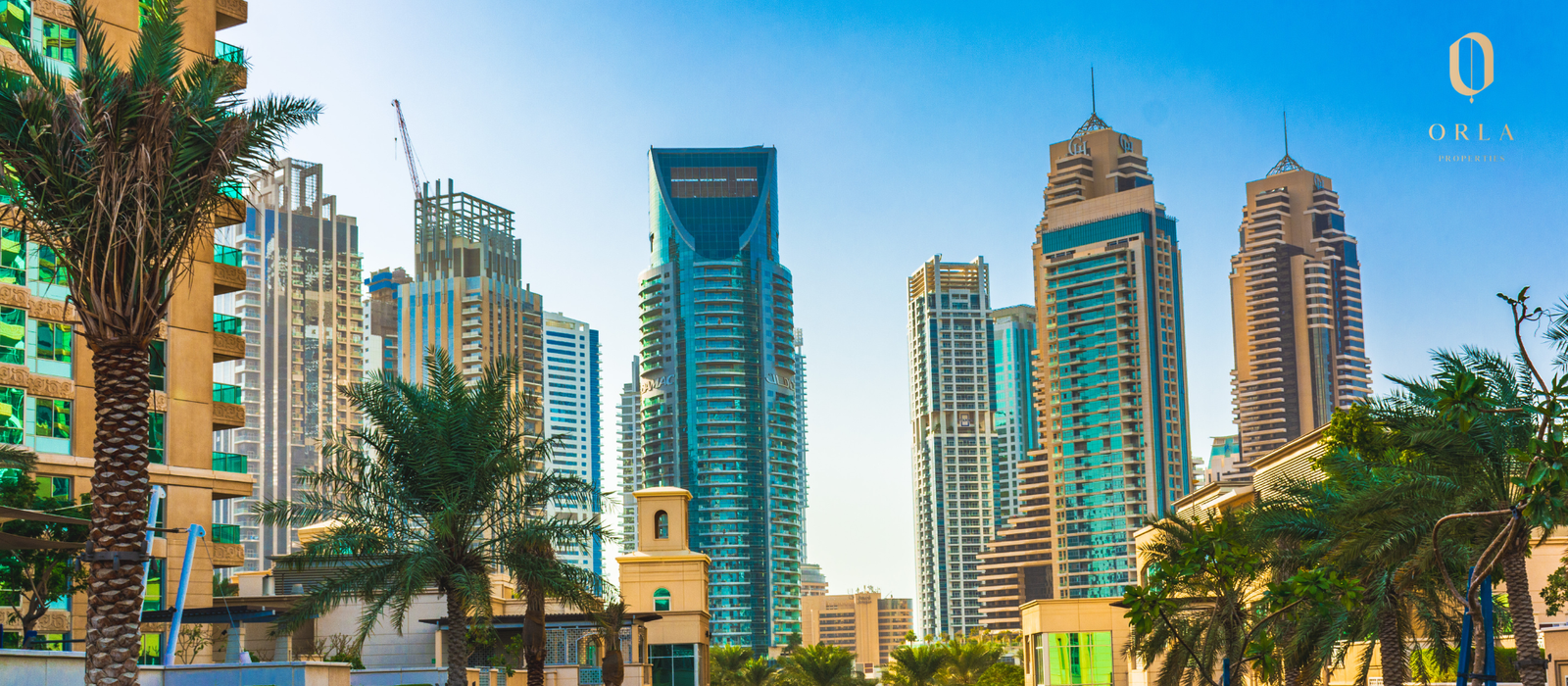According to an expert, the UAE government’s progressive migration policies play a crucial role in supporting the growth of Dubai’s real estate sector.
“Dubai’s allure is indisputable, attracting entrepreneurs, investors, high-net-worth individuals (HNWIs), and ultra-high-net-worth individuals (UHNWIs) from around the world. A mix of legislative reforms, long-term residency options, tax benefits, and business-friendly initiatives have positioned Dubai as a premier destination for global investment. Additionally, the city’s exceptional infrastructure, healthcare, education, and lifestyle further contribute to its attractiveness, making it a prime sanctuary for the wealthy,” stated Abdullah Alajaji, CEO of Driven Properties, in an interview with Khaleej Times.
Insights on Migration Policies and Market Dynamics from Alajaji
Alajaji emphasized that favorable migration and economic policies are fundamentally responsible for Dubai’s success, much like those of Madrid and Miami. “These cities have become safe havens for affluent individuals seeking financial security and a high quality of life. In contrast, cities such as London, Hong Kong, and Berlin have encountered economic challenges due to changing policies and uncertain market conditions,” he noted.
The supply dynamics in Dubai’s real estate market are attracting attention. “While demand remains robust, supply is being meticulously managed. Some significant master plans, including the ambitious Jumeirah Central project, which was initially set to be completed near the Mall of The Emirates, have been postponed. On the other hand, strategic initiatives like the expansion of Al Maktoum Airport and anticipated population growth in Dubai are advancing projects like Palm Jebel Ali. Additionally, in the northern region, Dubai Islands is advancing, with developers preparing to unveil new plans soon,” Alajaji added.
Dubai’s Real Estate Cycles: Growth and Correction
Dubai’s real estate market has undergone notable cycles of growth and correction throughout the years:
- 2000-2008: The implementation of freehold laws enabling foreign ownership sparks exponential growth.
- 2009-2011: The global financial crisis strikes, impacting Dubai significantly.
- 2012-2014: Economic recovery leads to a resurgence in the market.
- 2015-2020: A phase of correction and market stabilization follows.
- 2021-2024: The market sees rapid expansion and growth.
- 2025-2040: A period focused on consolidating gains, with strategic growth shaping the future.
Top Advice from Experts: How Could Your Home Appeal More to Buyers?
Dubai’s Ultra Luxury Developments: Meeting Rising Demand
As demand continues to exceed supply, Dubai is set to unveil several ultra-luxury developments:
- Peninsula Projects: Situated along the Jumeirah coastline, these branded residences and luxury hotels (Aman and Rosewood) aim to redefine waterfront living.
- Cheval Blanc Island: Poised to become Dubai’s most exclusive address, this development promises unmatched luxury living.
- Discovery Dunes: Designed for those in search of a distinctive lifestyle, this US-developed golf course community will feature opulent mansions and high-end amenities.
- Bureau Lamar: To address the shortage of premium office space, this Business Bay project will provide sustainable, luxury offices with stunning water views.
These projects, coupled with Dubai’s strategic investments in infrastructure, ensure that the city’s real estate market will remain a global hotspot for years to come.

